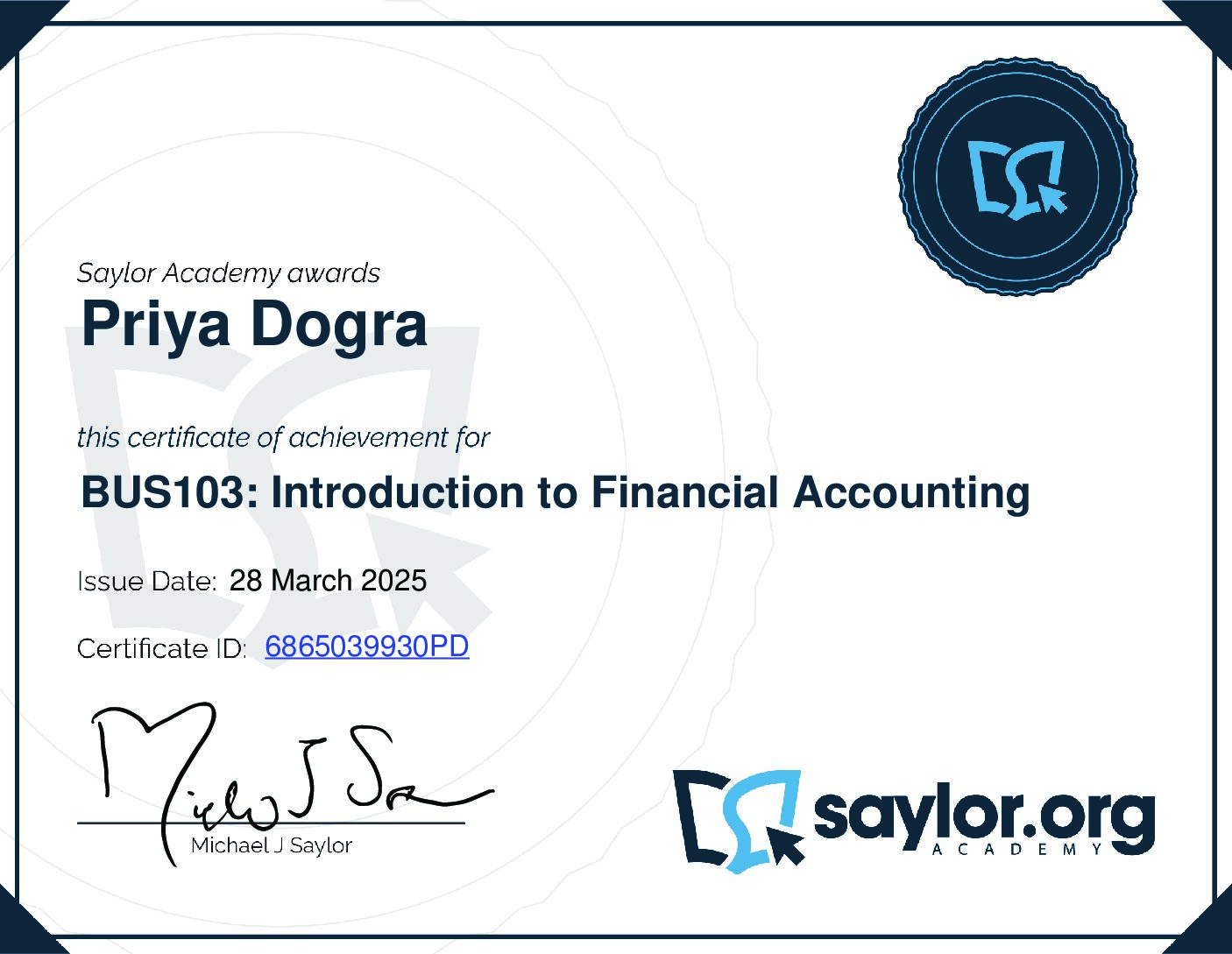Module 1: What is Social Coursera Quiz Answers
Week 2: Quiz 1 – Social Media Marketing Specialization Coursera Quiz Answers
Question 1: According to recent Crowdtap and Forbes surveys, people said which of the following most influenced consumers’ purchase decisions?
- Professional networks
- Bloggers
- People they follow on social media
- Family and friends
Question 2: Which of the following are the 4 C’s of Social?
- Communications, Community, Content & Concurrence
- Communications, Concentration, Concurrence & Curating
- Content, Community, Concentration & Communications
- Content, Connecting, Community & Curating
Question 3: In Judy Franks’ interview, she discusses Five Global Truths That Make Sense of a Messy Media World. Which of the following is a truth she noted?
- Linear: Content travels from Point A to Point B with limited disruption.
- Certainty: Every medium has a specific function/utility with limited overlap.
- Selection: Heavy users of certain media tend to be light users of others.
- Circuits: Media circuits are now open and in the hands of engaged consumers.
Question 4: Which of the following is a reason why marketers are having so much trouble adapting to a new media ecosystem?
- Media is the most important part of social and its impact on marketing.
- You need to develop media separately because they do not overlap.
- Media platforms need to be liberated from silos.
- Analog marketers are thriving in the new ecosystem.
Week 3: Quiz 2 – Social Media Marketing Specialization Coursera Quiz Answers
Question 1: Which of the following is a megatrend needed to develop social marketing strategies that grow market share and maximize results and profits for our organization? Check all that apply. (This question has multiple answers)
- Develop your professional networks
- Develop a holistic view of social
- Return to analog marketing
- Think real-time
- Every medium has a specific function/utility with limited overlap
Question 2: What is the difference between social networks at the top of the social pyramid and virtual communities at the bottom of it?
- Social networks are where people connect with people and virtual communities are where people connect with companies.
- Social networks are more popular, so they are at the top of the social pyramid.
- Social networks are where the really deep discussions are taking place.
- Virtual communities are much larger than social networks like Facebook and RenRen.
- Social networks have shallow, quick conversations on a topic, whereas virtual communities have deeper and more long-term discussions of a topic.
Question 3: Which of the following principles will help you succeed in managing change in social? Check all that apply. (This question has multiple answers)
- Only add sites when they are popular to your target audiences.
- Focus only on sites containing your high-value markets.
- Add new sites immediately to catch any potential buzz.
- Classify sites by their function.
Question 4: Why are thought leaders important for your organization?
- They are influencers who have significant numbers of followers, and one positive mention from them will impact the people you want to attract.
- They really aren’t important to develop for most organizations.
- Thought leaders are likely our competitors and we need to keep track of them.
- Thought leaders think deeper thoughts, so they are like philosophers.
Week 4: Quiz 3 – Social Media Marketing Specialization Coursera Quiz Answers
Question 1: Which of the following are characteristics of social networks? Check all that apply. (This question has multiple answers)
- Social networks are created to link members together as families, friends or colleagues to allow for conversation and the exchange of pictures.
- Most social networking sites are created by members who also manage them.
- Many social networks start by focusing on communication. Then, after they grow, they add some type of revenue generation device like advertisements to raise revenues.
- The creators of social networks are entrepreneurs who want to eventually monetize their site.
Question 2: Which of the following statements is true about virtual communities? Check all that apply. (This question has multiple answers)
- Most virtual communities are created by members who also manage them.
- Virtual community members want to address their needs to express their passions or address a life event.
- Conversations are deep and focused on subjects of interest to the members.
- The creators of virtual communities are entrepreneurs who want to eventually monetize their site.
Question 3: In a community, what is the role of the influencer?
- Influencers want to dominate discussions within the community.
- Influencers connect community experts with community members to spread key information throughout the community.
- Influencers like to take controversial positions to draw attention to themselves.
- Influencers want to be experts but don’t have the time to do it themselves.
Question 4: Which of the following are true of passion communities?
- Passion communities address an internal need of ours, and we seek them because we want to.
- Passion communities are a temporary need and we grow out of them quickly.
- People join passion communities to learn from experts who have been there before.
- People are driven to passion communities by life events such as retirement or getting married.
Question 5: As an organization, what is important when we want to engage a trigger event community?
- These communities are on a mission and want to hear from experts who have the solutions they need.
- These communities have permanent members who will always want to talk about the newest trends and community gossip.
- We need to always keep up with the current trends and quickly provide them to our members.
- We need to encourage peer-to-peer discussions to let members talk to each other.
Question 6: As an organization, what is important when we want to engage a passion community? Check all that apply. (This question has multiple answers)
- Passion communities are always seeking the newest trends, so we will need to keep up to remain relevant to our members.
- We need to encourage peer-to-peer discussions to let members talk to each other about trends and important topics.
- Members will quickly leave a passion community once they “grow up.”
- Community members don’t want to talk to each other – they want expertise.
 Priya Dogra – Certification | Jobs | Internships
Priya Dogra – Certification | Jobs | Internships


